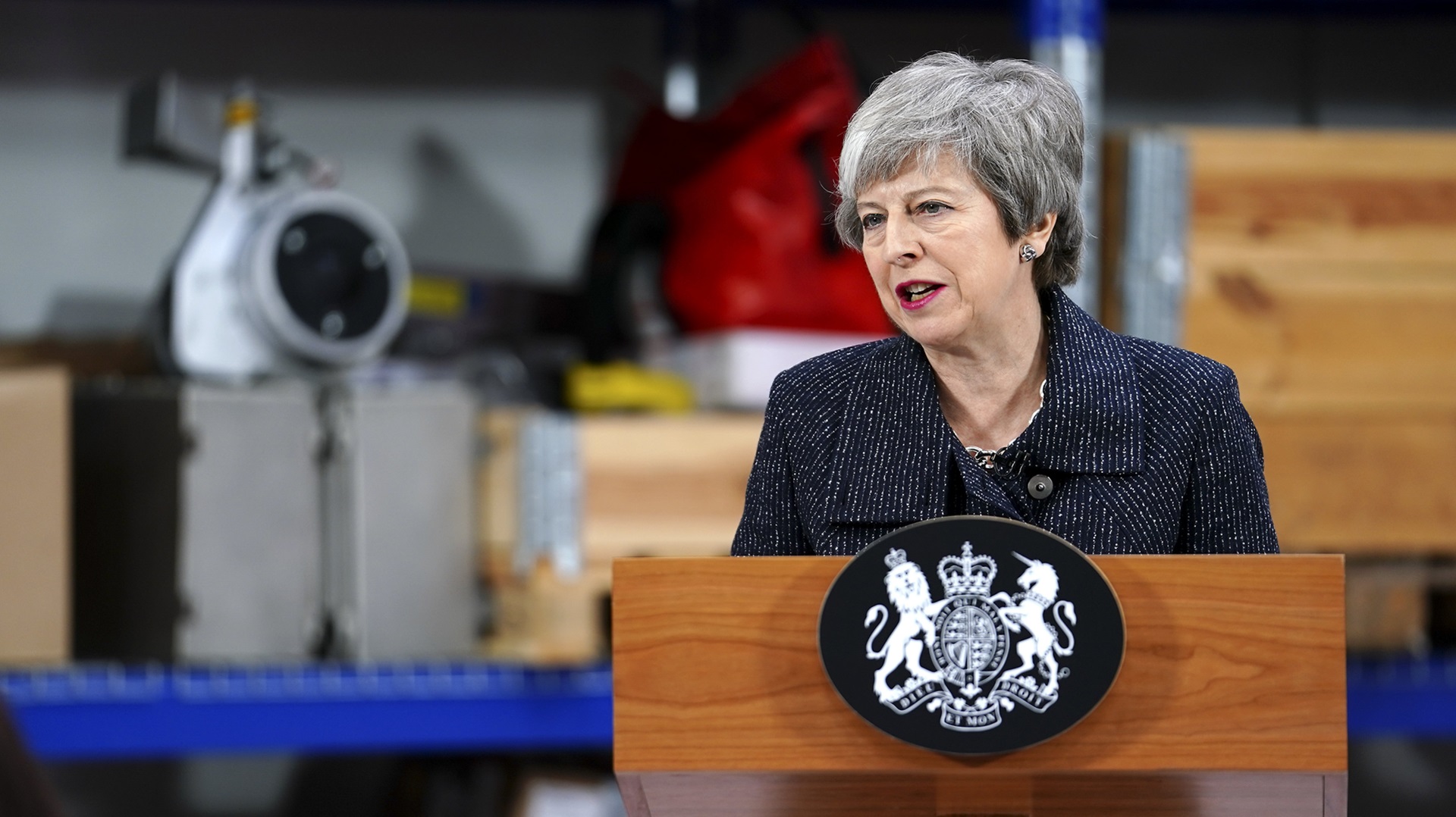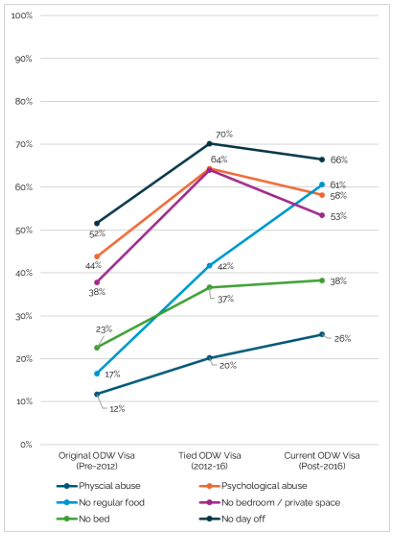Labour is looking increasingly likely to form the next government, and one of the major complaints is that there was little detail in their manifesto and their plans for the country aren’t clear. That’s certainly the case on reforming the immigration system, which they say they will do but give no further detail on.
But workers’ rights are one area where there is a bit more information. Labour’s New Deal for Workers includes a lot of positive changes, and some parts of it, if applied without discrimination to all migrant workers, could make a huge positive difference for migrants who do essential jobs. But if we continue to let the most vulnerable migrant workers fall through the gaps, our unequal labour market will continue to produce poor conditions and low pay.
- I was abused, bullied and left in limbo as a migrant domestic worker. I’m proud of myself for surviving
- Reports of forced labour, sex trafficking and domestic servitude at record high in Britain
Migrant domestic workers are often invisible in the conversation about workers’ rights, but they have been at the sharpest end of a 12-year failed Tory agenda to cut migrant numbers by cutting migrants’ rights. The next government has a huge opportunity to reassess this record of failure, that has fuelled a massive rise in crime and exploitation and to build a fair, safe and equal working environment for all of us. In a new report published last week, migrant domestic worker charity Kalayaan sets out how.
In 2012, in pursuit of David Cameron’s “tens of thousands of migrants” pledge, domestic workers lost the right to freely change employer, renew their visa, be accompanied by their spouse and children to the UK, and to eventually apply for settlement and put down roots in this country. Given the overwhelming majority of migrant domestic workers are women, these changes were particularly harsh on mothers working to provide for their families. Instead of living in the UK as workers like any others, they are treated as the ultimate disposable labour. Their work is undervalued and their humanity totally disregarded by this new, incredibly restrictive visa regime.
Conservative governments since Cameron have maintained yet repeatedly failed to meet their commitment to reduce migrant numbers, and rejected calls to reinstate the rights of migrant workers. But the need for their labour never disappeared, and the government has continued to grant around 20,000 domestic workers’ visas per year despite these changes. The difference is in the risk of exploitation those who come are subjected to, and that’s where a Labour government will be able to make a change.
The government has failed to gather data on the experiences of exploitation of migrant domestic workers. Because their work takes place mainly within private homes, there is no monitoring of conditions and no labour inspections carried out to ensure compliance with minimum standards. Since visas can no longer be renewed, there is no point of contact with the Home Office to ensure ongoing employment in decent legal conditions. The Conservatives have used their own failure to collect information about the experiences of workers as a smokescreen allowing them to refuse to address the growing problems the visa restrictions have caused.










